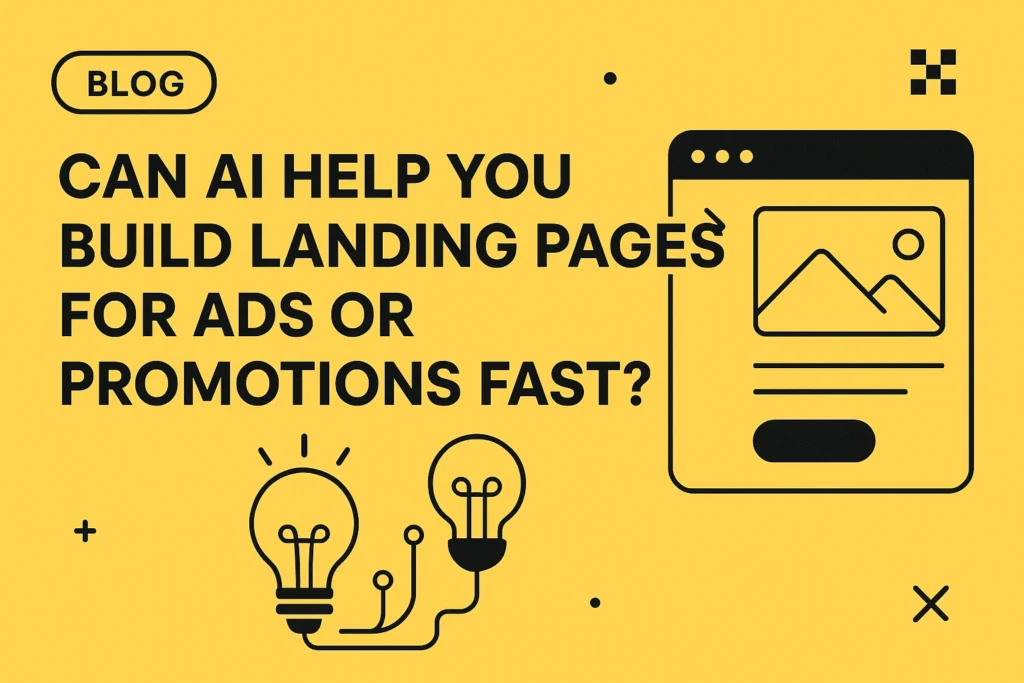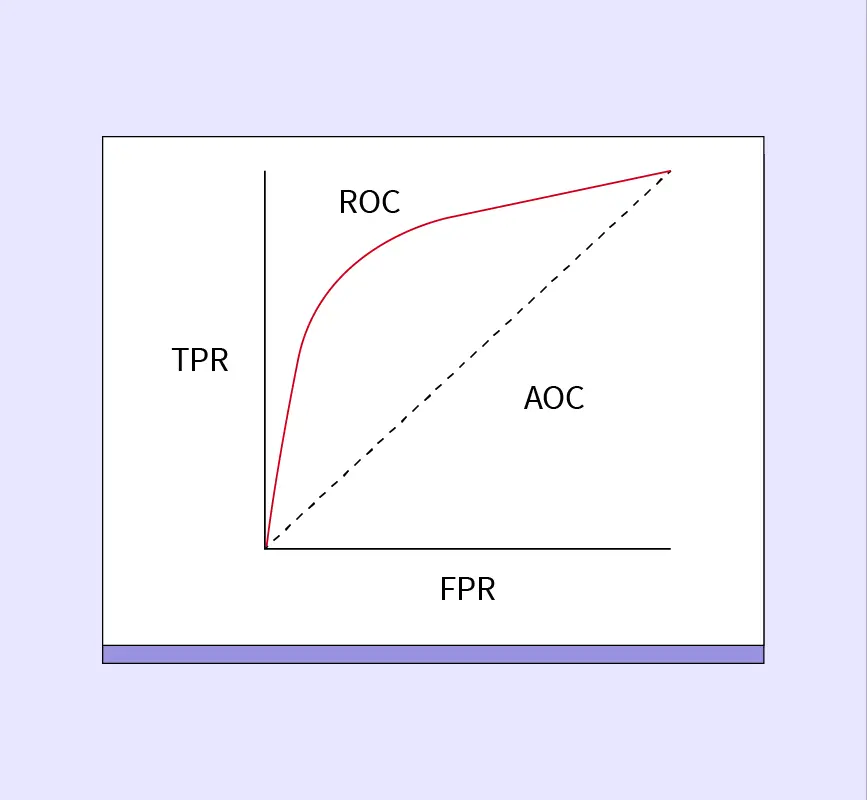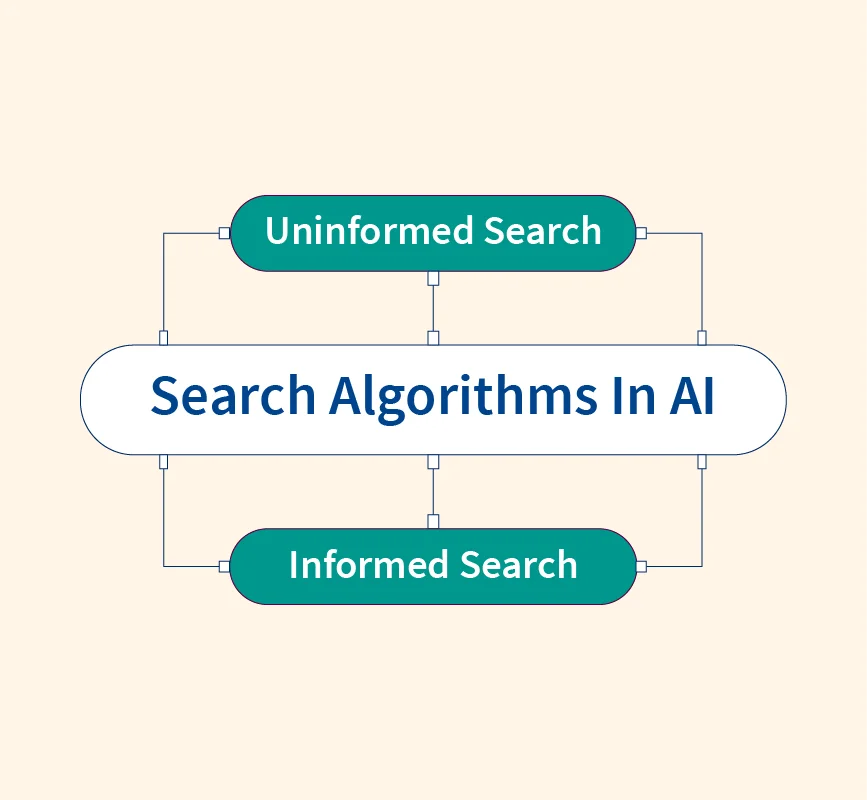Artificial Intelligence (AI) is revolutionizing the entertainment industry, reshaping how content is created, distributed, and consumed. From personalized recommendations on platforms like Netflix and Spotify to AI-generated scripts, music, and artwork, the integration of AI is driving unprecedented innovation. It allows businesses to optimize workflows, engage audiences effectively, and enhance creative processes.
In gaming, AI powers immersive experiences, with realistic NPCs (non-playable characters) and adaptive environments. Meanwhile, in content marketing, AI tools analyze audience behavior to craft targeted campaigns. The music and film industries are embracing AI for automating editing, dubbing, and even creating virtual actors.
This article dives deep into the role of AI in the entertainment industry, discussing its applications in content production, gaming, marketing, and audience personalization. We also examine its benefits, challenges, and emerging trends to provide a complete picture of how AI is shaping the future of entertainment.
AI Applications in the Entertainment Industry
Artificial Intelligence is at the heart of transformative changes in the entertainment industry. This section explores how AI is revolutionizing various facets of content delivery, creation, marketing, gaming, and audience engagement.
AI-Powered Recommendation Systems
Personalized content delivery has transformed the way audiences consume media, thanks to the power of AI. Platforms like Netflix and Spotify rely heavily on AI algorithms to analyze user preferences, viewing habits, and engagement patterns. By processing vast amounts of data, these algorithms identify trends and predict user interests, enabling personalized content recommendations that keep audiences engaged.
Take Netflix as a case study: the platform employs a highly sophisticated recommendation algorithm that combines collaborative filtering, content-based filtering, and deep learning techniques. By analyzing watch history, genre preferences, and even the time of viewing, Netflix creates a tailored experience for each user. This personalized approach has been a cornerstone of Netflix’s strategy, resulting in higher user retention rates and longer watch times.
For instance, Netflix’s AI system ensures that users are presented with movies and shows they are most likely to enjoy, even before they search for content. The platform also adapts thumbnails dynamically, selecting visuals that resonate most with an individual user’s preferences, further enhancing engagement.
In music streaming, Spotify uses AI to recommend curated playlists like “Discover Weekly,” which analyze song attributes and listener patterns. These AI-driven personalized recommendations not only improve user satisfaction but also increase platform loyalty by making the content discovery process seamless and enjoyable.
AI-powered recommendation systems are setting the standard for tailored user experiences, reshaping the entertainment landscape.
AI in Content Creation
Artificial intelligence has become a creative partner in content production, driving efficiency and innovation across the entertainment industry. From scriptwriting to animation, AI is transforming how content is conceived and produced.
Scriptwriting and Storytelling: AI tools like OpenAI’s GPT models and Sudowrite assist writers in generating scripts and narratives. These tools analyze existing data, genres, and character arcs to suggest plot ideas or even create dialogue. For example, AI can provide alternative endings, expand character development, or generate a complete script based on prompts. This capability not only enhances creativity but also accelerates the pre-production process by offering writers new perspectives and saving time.
Music Composition: AI-powered platforms like Amper Music and AIVA (Artificial Intelligence Virtual Artist) are revolutionizing music composition. These tools enable artists and content creators to generate custom background scores or full tracks with minimal effort. AI analyzes musical styles, genres, and emotional tones to create music that fits specific themes or moods. For example, AI-generated soundtracks are increasingly used in indie films, video games, and advertisements. Grammy-winning artists have also explored AI-assisted compositions to push creative boundaries, merging human artistry with machine precision.
Visual Effects and Animation: In film production, AI has significantly enhanced visual effects (VFX) and animation. Tools like Adobe Sensei and NVIDIA’s AI platforms simplify complex tasks like object tracking, motion capture, and rendering. AI algorithms can simulate realistic facial expressions, create lifelike environments, and generate CGI characters with unprecedented detail. For instance, AI was instrumental in de-aging actors in Marvel’s blockbuster films and creating lifelike creatures in The Lion King remake.
Animation studios also benefit from AI’s ability to streamline workflows. By automating repetitive tasks like lip-syncing and frame interpolation, animators can focus on creative storytelling. AI-powered tools predict movement between frames, resulting in smoother animations while reducing production time and costs.
AI’s role in content creation is not about replacing human creativity but enhancing it. By automating labor-intensive processes and offering innovative solutions, AI empowers creators to focus on storytelling and artistry, pushing the boundaries of what’s possible in entertainment.
Audience Engagement and Marketing
Artificial intelligence is revolutionizing audience engagement and marketing in the entertainment industry by offering personalized experiences and targeted strategies.
Targeted Advertising: AI empowers entertainment companies to create highly personalized advertising campaigns by analyzing vast amounts of audience data. Platforms like Facebook and Google Ads utilize AI to segment audiences based on demographics, behavior, and interests. This allows marketers to deliver ads that resonate with specific users, increasing engagement and conversion rates. For example, AI-driven systems can recommend movie trailers to individuals who have previously searched for similar genres or suggest concert tickets to music lovers based on their streaming history. This precision reduces wasted ad spend while maximizing impact, making AI indispensable in advertising strategies.
Social Media Interaction: AI-driven chatbots and virtual assistants have transformed how entertainment brands interact with their audiences on social media. Chatbots like those powered by Dialogflow or IBM Watson engage users in real-time, providing information about shows, events, or merchandise. For instance, a chatbot for a streaming platform can recommend content, answer subscription queries, or notify users about new releases. These interactions enhance user experience, keeping audiences engaged with the brand.
AI also monitors social media trends and sentiment to refine marketing strategies. By analyzing hashtags, comments, and shares, AI tools help marketers understand audience preferences and tailor content accordingly. AI-powered tools like Hootsuite Insights even suggest optimal posting times to maximize reach and engagement.
Through targeted advertising and social media interaction, AI enables entertainment companies to connect with their audiences more effectively. By delivering personalized experiences and fostering real-time engagement, AI ensures that marketing efforts not only capture attention but also build long-term loyalty.
AI in Gaming
Artificial intelligence has transformed the gaming industry by introducing dynamic and immersive experiences through procedural content generation and adaptive gameplay.
Procedural Content Generation: AI enables the creation of dynamic game environments, characters, and storylines, making each player’s experience unique. Using algorithms like Perlin Noise and neural networks, game developers can generate expansive open worlds with randomized terrains, dungeons, or missions. For instance, in games like Minecraft and No Man’s Sky, AI dynamically creates vast landscapes and ecosystems, ensuring players never encounter the same environment twice. Similarly, AI is used to design non-playable characters (NPCs) with diverse traits, behaviors, and responses, enhancing the realism and replayability of games.
Adaptive Gameplay: AI tailors gaming experiences by analyzing player behavior and skill levels in real-time. Adaptive AI adjusts game difficulty, mission objectives, or enemy strategies to keep players engaged and challenged. For example, in Left 4 Dead, the “Director AI” modifies enemy intensity and item availability based on players’ performance and stress levels, maintaining a balanced challenge. Similarly, racing games like Forza Horizon use AI to create realistic opponents that mimic human-like driving behaviors.
By enabling procedural content generation and adaptive gameplay, AI has revolutionized gaming, ensuring engaging, personalized, and ever-evolving experiences for players. These innovations continue to push the boundaries of creativity and interactivity in the gaming world.
Sentiment Analysis and Audience Feedback
AI plays a pivotal role in analyzing audience sentiment and feedback, offering valuable insights for content creators and producers to refine their offerings and align with viewer preferences.
Content Evaluation: Sentiment analysis employs natural language processing (NLP) to evaluate audience reviews, social media comments, and surveys. AI algorithms identify patterns in feedback, categorizing responses as positive, negative, or neutral. By analyzing these sentiments, creators can identify the elements audiences love or dislike, whether it’s the storyline, characters, or visuals. For example, AI can highlight trends like increasing engagement during specific scenes or dissatisfaction with a particular plot twist, helping creators craft more appealing content in the future.
Case Study: Disney’s AI Innovations: Disney leverages AI to monitor audience reactions during test screenings and post-release evaluations. Using AI-powered facial recognition and emotion-detection software, Disney gauges real-time responses, such as laughter, surprise, or boredom, to specific scenes. This technology allows them to tweak content before release, ensuring maximum viewer satisfaction. Additionally, Disney analyzes social media discussions and reviews using AI-driven sentiment analysis tools to adapt marketing strategies or develop sequels aligned with audience interests.
Benefits of AI Integration in Entertainment
AI integration in the entertainment industry offers transformative benefits, reshaping how content is created, delivered, and consumed. Below are the key advantages:
1. Enhanced Creativity
AI empowers creators by automating repetitive tasks and sparking innovative ideas. Tools like AI-assisted script generators streamline the initial draft creation process, allowing writers to focus on refining and adding depth to their narratives. Similarly, in music, AI-powered tools can compose melodies or provide unique arrangements, enabling artists to experiment with new styles. For instance, AI-generated visual effects and animations not only reduce manual effort but also open up endless creative possibilities, making scenes more immersive and visually striking.
2. Operational Efficiency
The integration of AI in production workflows significantly reduces costs and accelerates timelines. By automating tasks such as editing, rendering, and scheduling, production houses can save valuable resources. For example, AI algorithms in animation can automatically generate realistic character movements or background visuals, cutting down on the labor-intensive aspects of the process. Moreover, predictive analytics in production planning ensures optimized allocation of budgets and resources, avoiding delays and overages.
3. Improved User Experience
Personalization is at the heart of AI’s impact on user experience. Recommendation systems analyze user behavior to deliver tailored content, ensuring viewers always find something engaging. Platforms like Netflix and Spotify achieve higher user satisfaction and retention rates by continuously fine-tuning their algorithms. Additionally, AI-powered chatbots and virtual assistants on social media enhance interaction, providing instant support, recommendations, or promotional updates to audiences.
Challenges and Ethical Considerations
The integration of AI in the entertainment industry brings significant advancements but also raises critical challenges and ethical concerns that need careful consideration:
1. Job Displacement
AI’s ability to automate tasks such as scriptwriting, animation, and video editing has sparked concerns about job displacement. Roles traditionally handled by humans are increasingly being augmented or replaced by AI, leading to fears of reduced opportunities for creative professionals. For instance, AI-powered animation tools can generate scenes faster than a team of animators, potentially shrinking workforce requirements. Balancing the efficiency brought by AI with the need to preserve human creativity and employment is an ongoing challenge.
2. Intellectual Property Issues
When AI tools contribute to content creation, questions around intellectual property (IP) ownership arise. If an AI algorithm writes a script, composes a song, or generates artwork, it becomes unclear who holds the rights to the output — the AI developer, the company using the tool, or the end user. This lack of clarity can lead to legal disputes, complicating the commercialization of AI-generated content. Establishing clear guidelines for IP ownership in AI-assisted creativity is crucial.
3. Bias and Representation
AI systems often mirror biases present in their training data, which can lead to skewed or stereotypical representations in entertainment content. For example, recommendation algorithms may prioritize mainstream content over diverse or underrepresented voices, perpetuating inequalities. Similarly, AI-generated scripts or characters might unintentionally reflect cultural or gender biases, undermining efforts to promote inclusivity. Ensuring that training data is diverse and representative is vital to mitigate these risks and create equitable content.
Future Trends of AI in Entertainment
The future of AI in entertainment is poised to revolutionize the way content is created, consumed, and experienced. Here are some of the key trends shaping this transformation:
Virtual Reality (VR) and Augmented Reality (AR)
The integration of AI with VR and AR technologies is unlocking immersive entertainment experiences like never before. AI enhances these platforms by enabling real-time adaptations to user actions, creating dynamic environments and personalized interactions. For instance, AI-driven VR can analyze user behavior to modify storylines in virtual worlds, while AR applications, such as AI-enhanced gaming, provide interactive overlays that blend seamlessly with the physical environment. These innovations are setting the stage for highly engaging and personalized experiences in gaming, cinema, and live events.
AI-Generated Content
The emergence of AI-generated movies, music, and games is gaining traction, showcasing the technology’s creative capabilities. AI tools like generative adversarial networks (GANs) can create visually stunning scenes for movies, compose unique soundtracks, or even design intricate game levels. In the future, entirely AI-produced films or albums may become mainstream, allowing creators to experiment with new storytelling techniques and artistic expressions. These advancements are expected to blur the lines between human and AI creativity.
Interactive Storytelling
AI is paving the way for personalized, interactive narratives across various media platforms. By leveraging user data and preferences, AI can craft stories that adapt dynamically to individual viewers or players. For example, in interactive games or series, AI can create branching storylines based on user choices, delivering a truly unique and engaging experience. This trend holds promise for transforming traditional storytelling into participatory adventures, where audiences have a direct impact on the outcome.
As AI continues to evolve, these trends will redefine entertainment, offering audiences richer, more immersive, and customized experiences while pushing the boundaries of creativity and innovation.
Conclusion
Artificial Intelligence is undeniably reshaping the entertainment industry, driving innovation across content creation, audience engagement, and personalized experiences. From enhancing creativity through AI-powered tools to revolutionizing how audiences consume and interact with content, the impact of AI is profound and transformative.
As the industry continues to evolve, it’s crucial to address the ethical challenges associated with AI integration, such as intellectual property rights and bias in content generation. Striking a balance between technological advancements and responsible practices will ensure a sustainable future for entertainment. The journey of AI in entertainment is just beginning, promising exciting opportunities for creators and audiences alike.
References:


